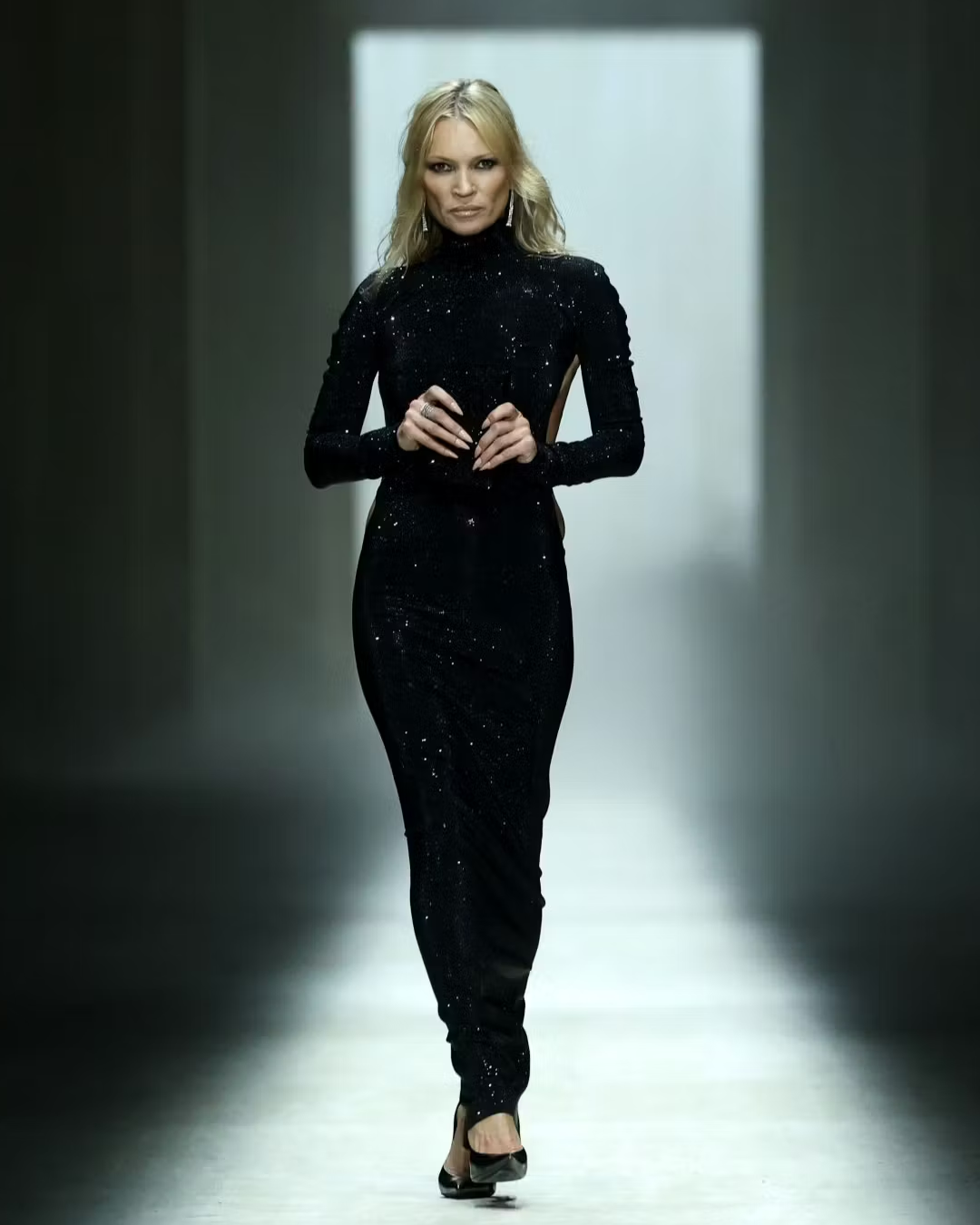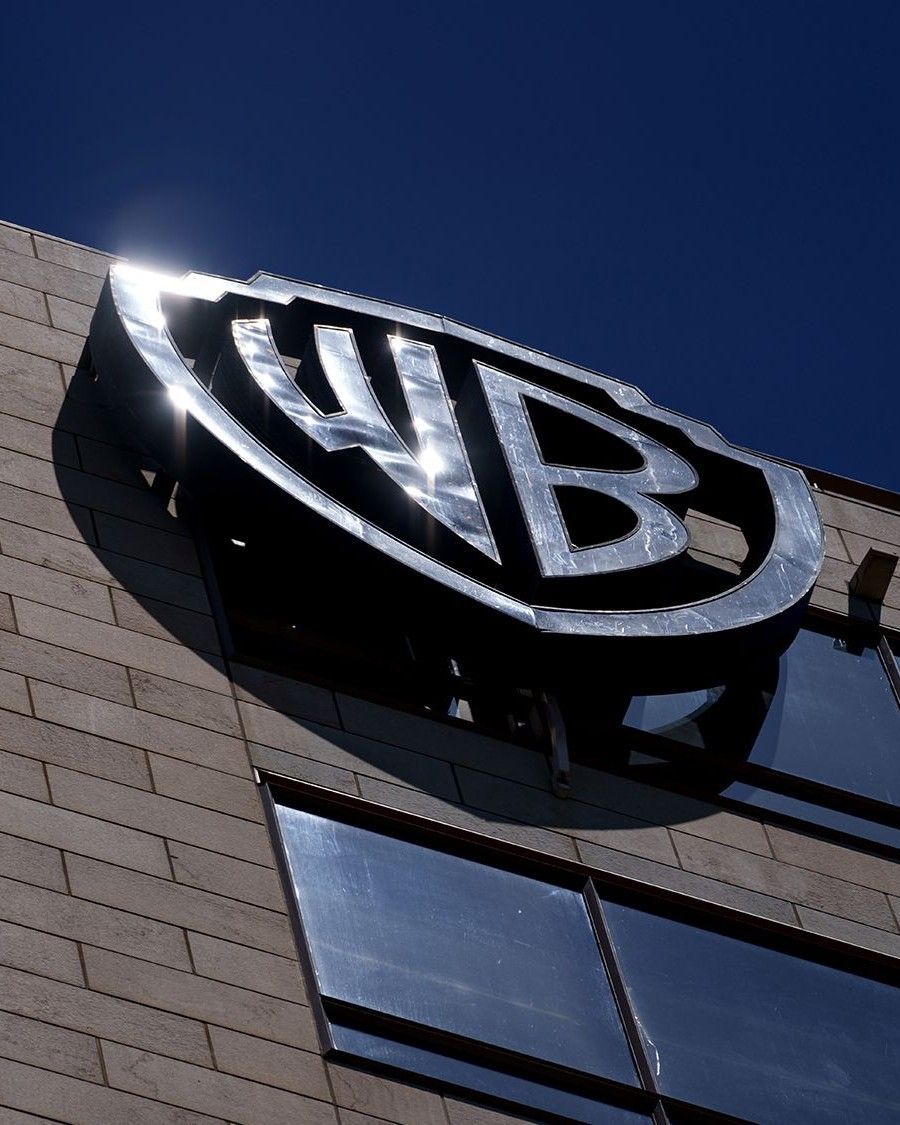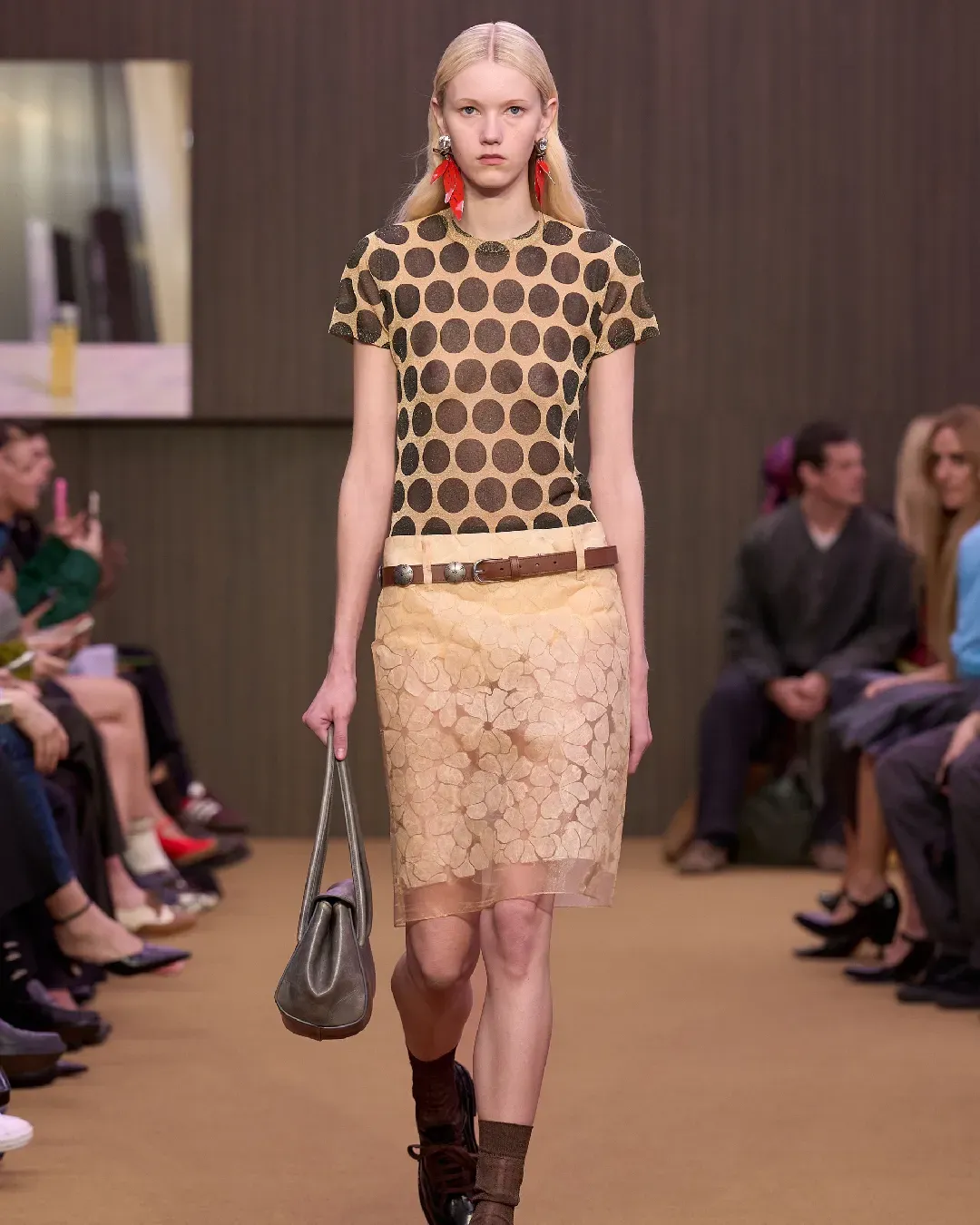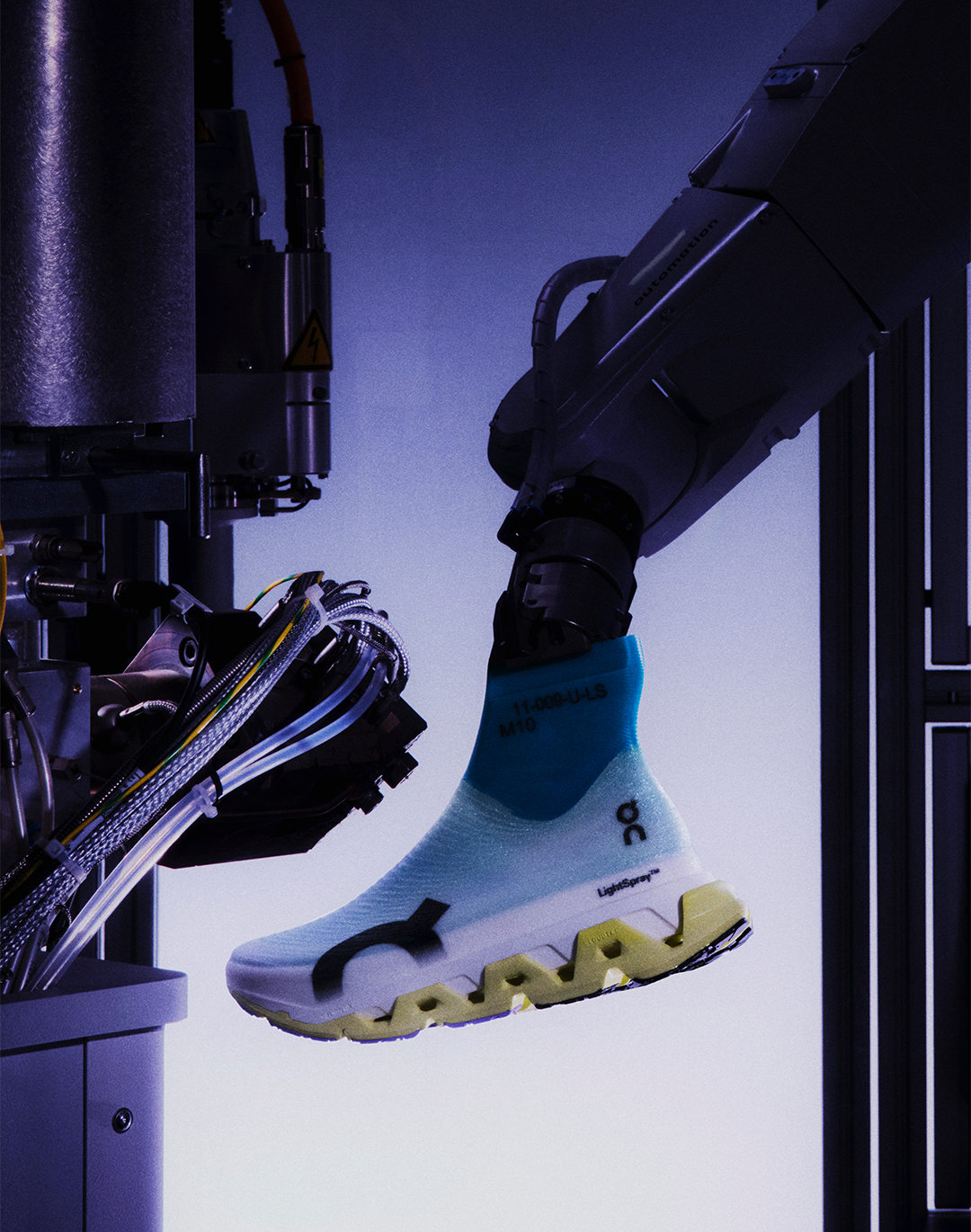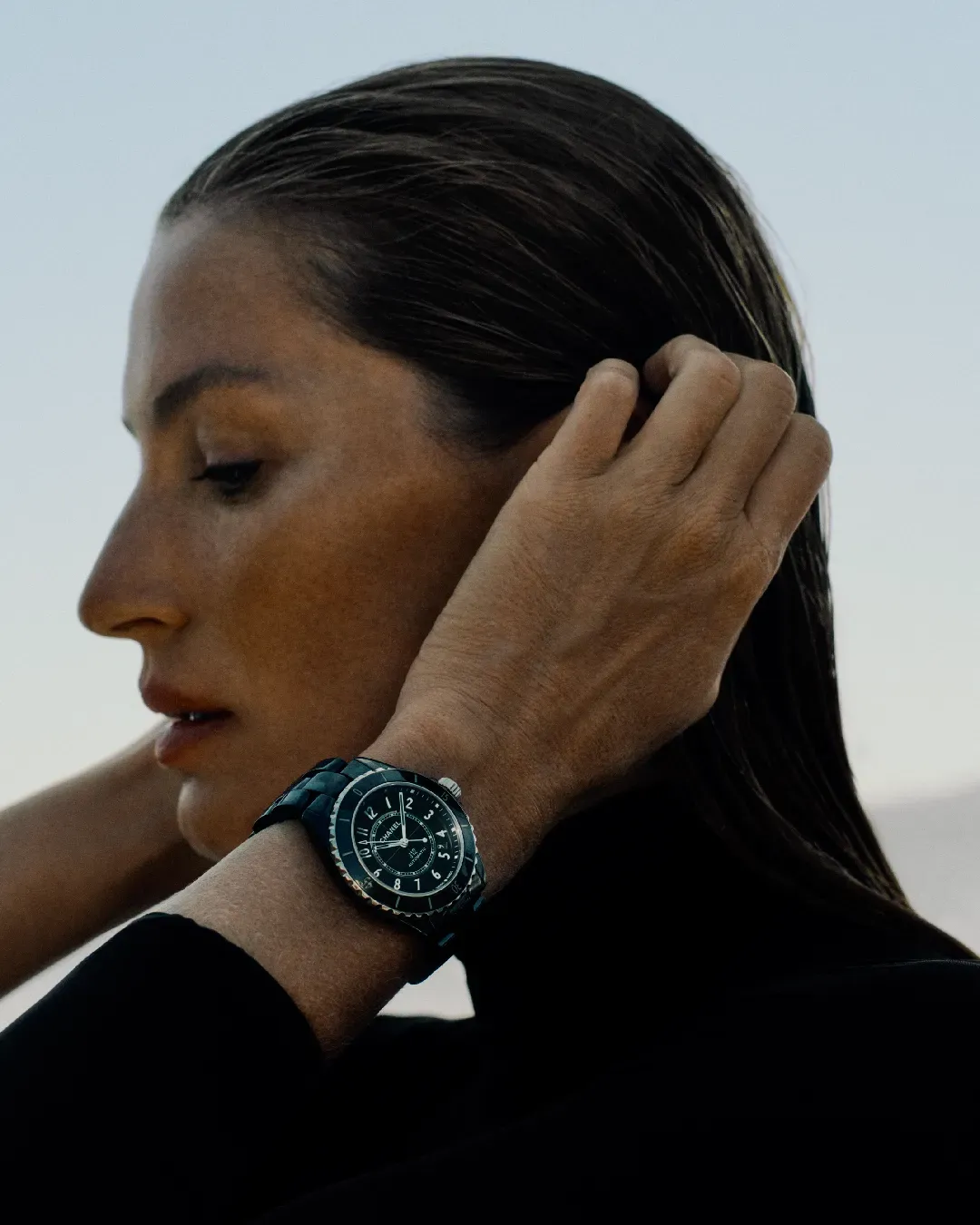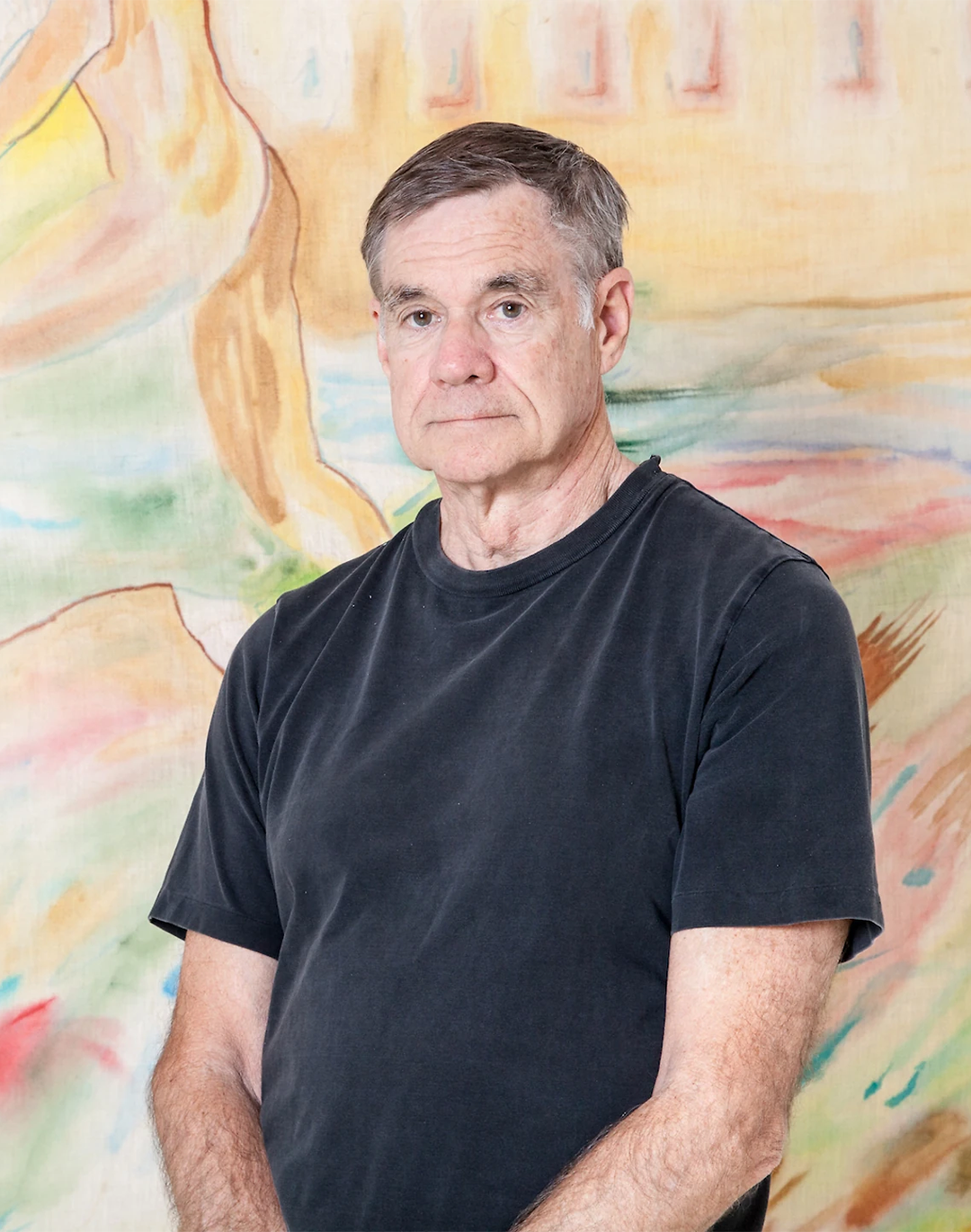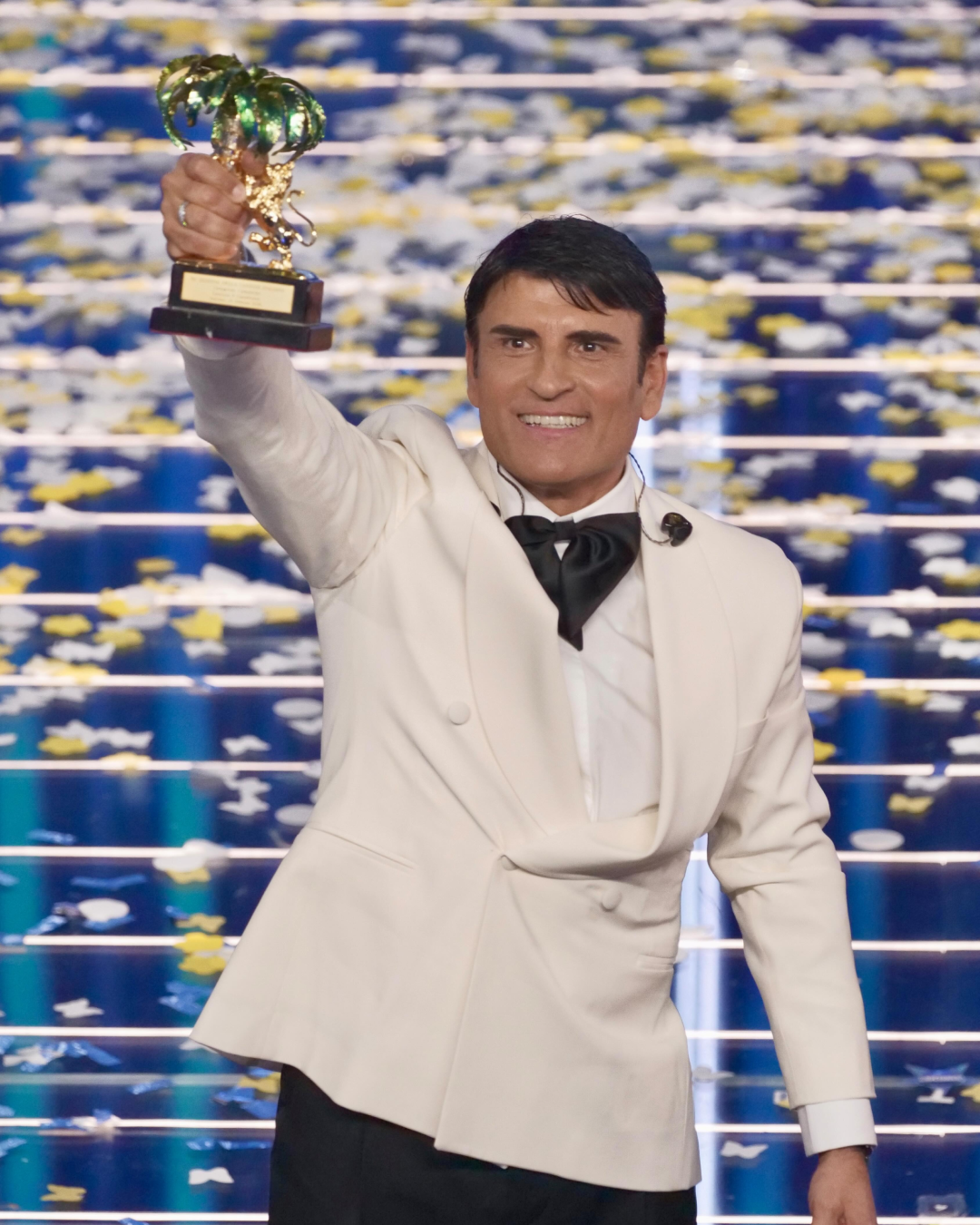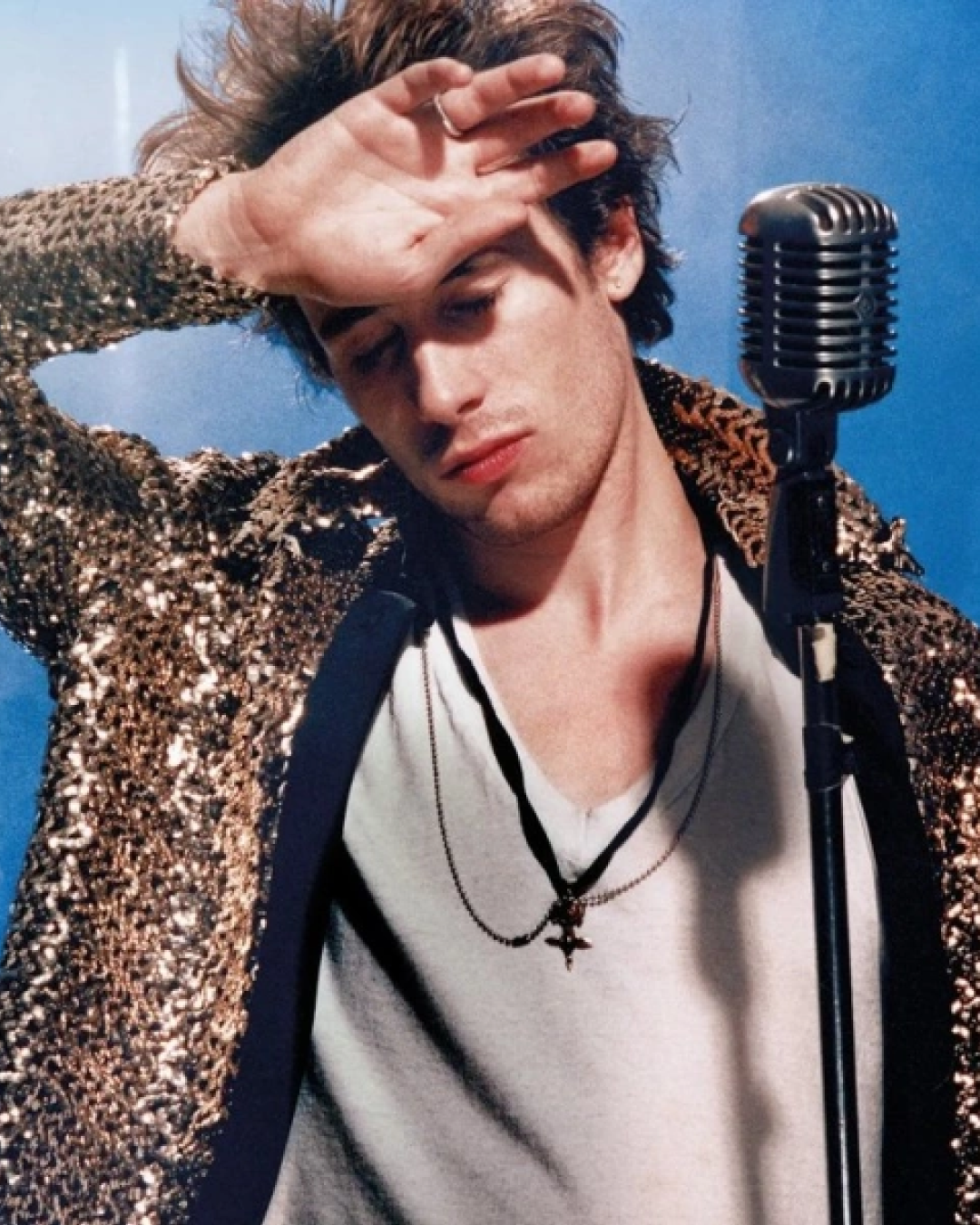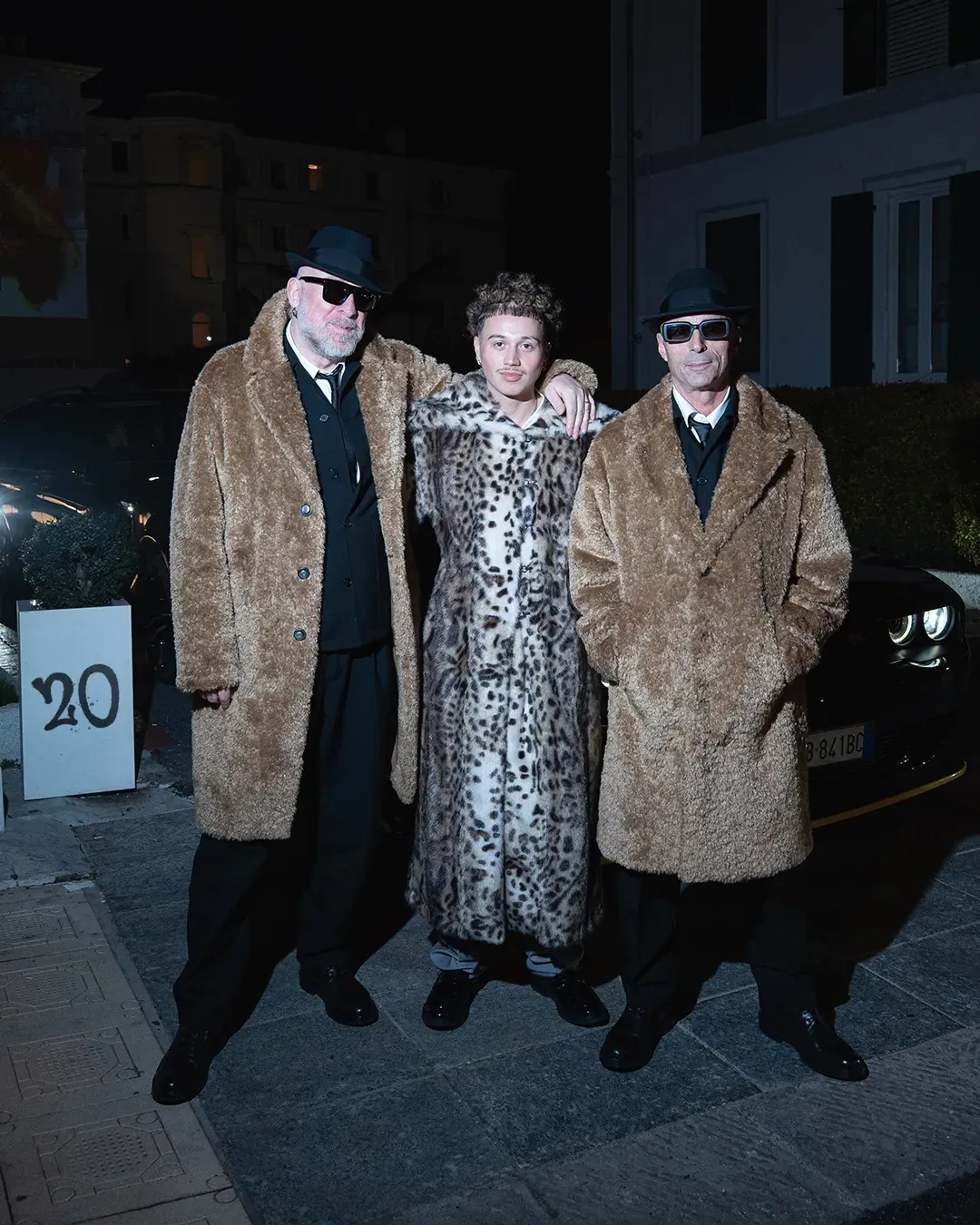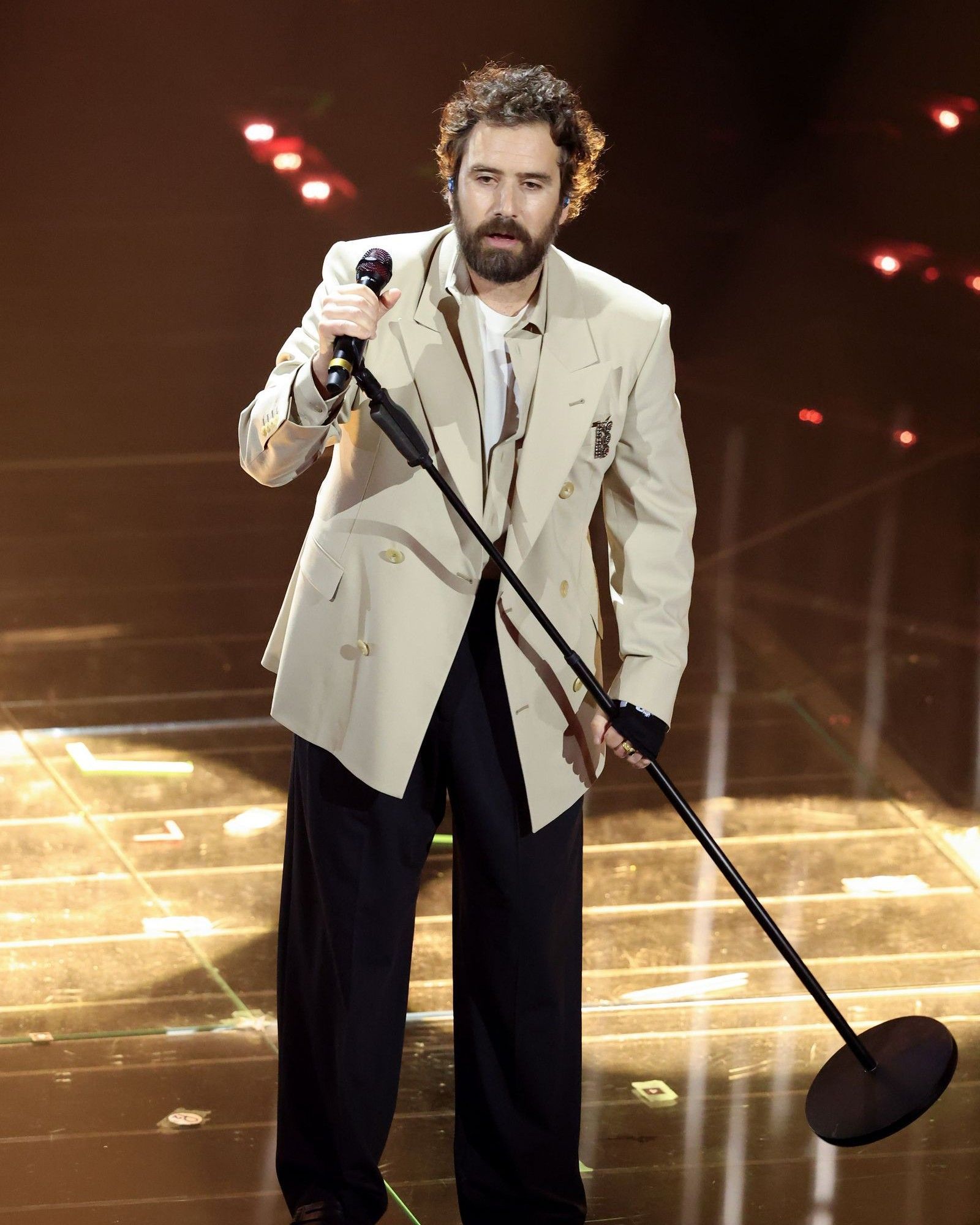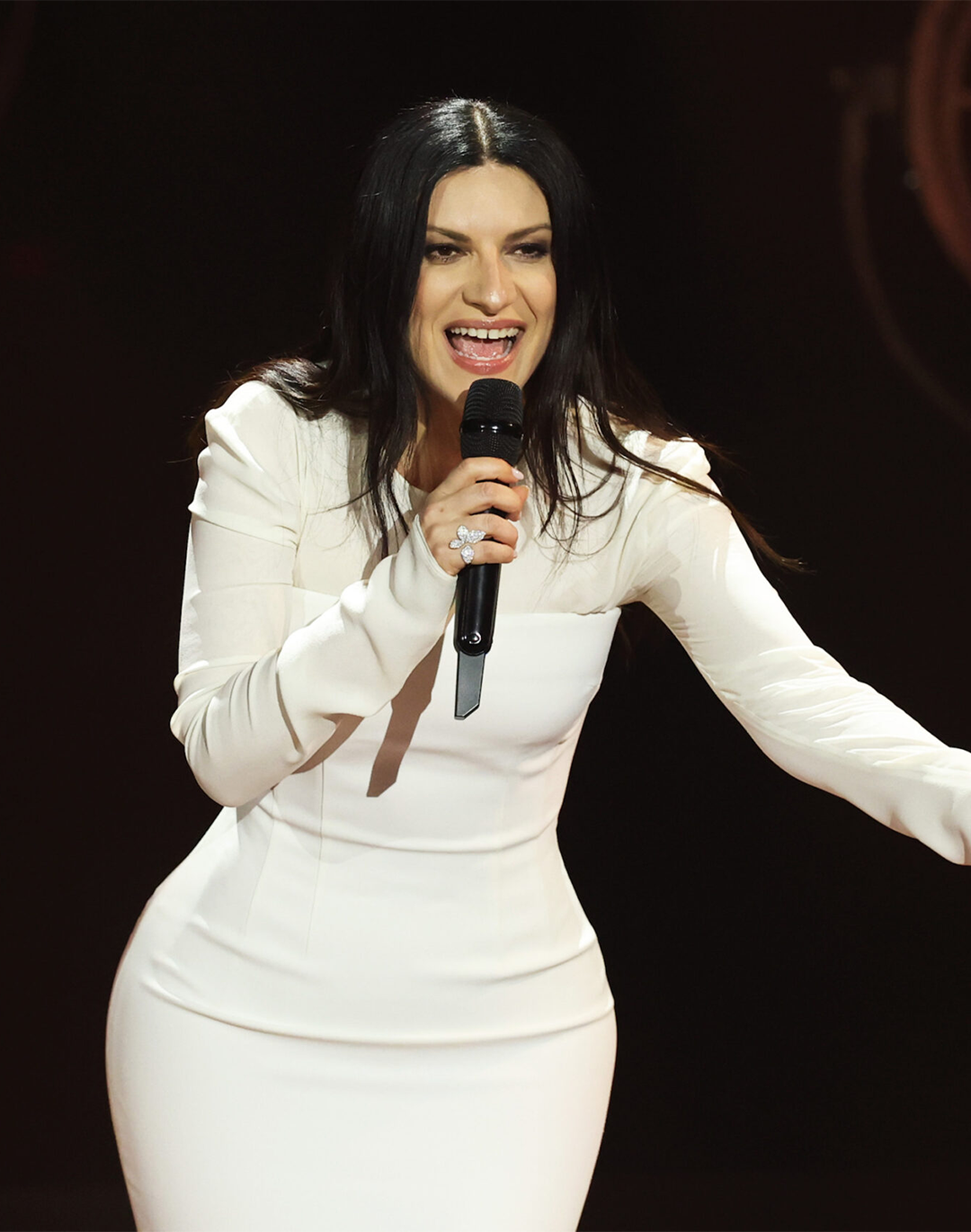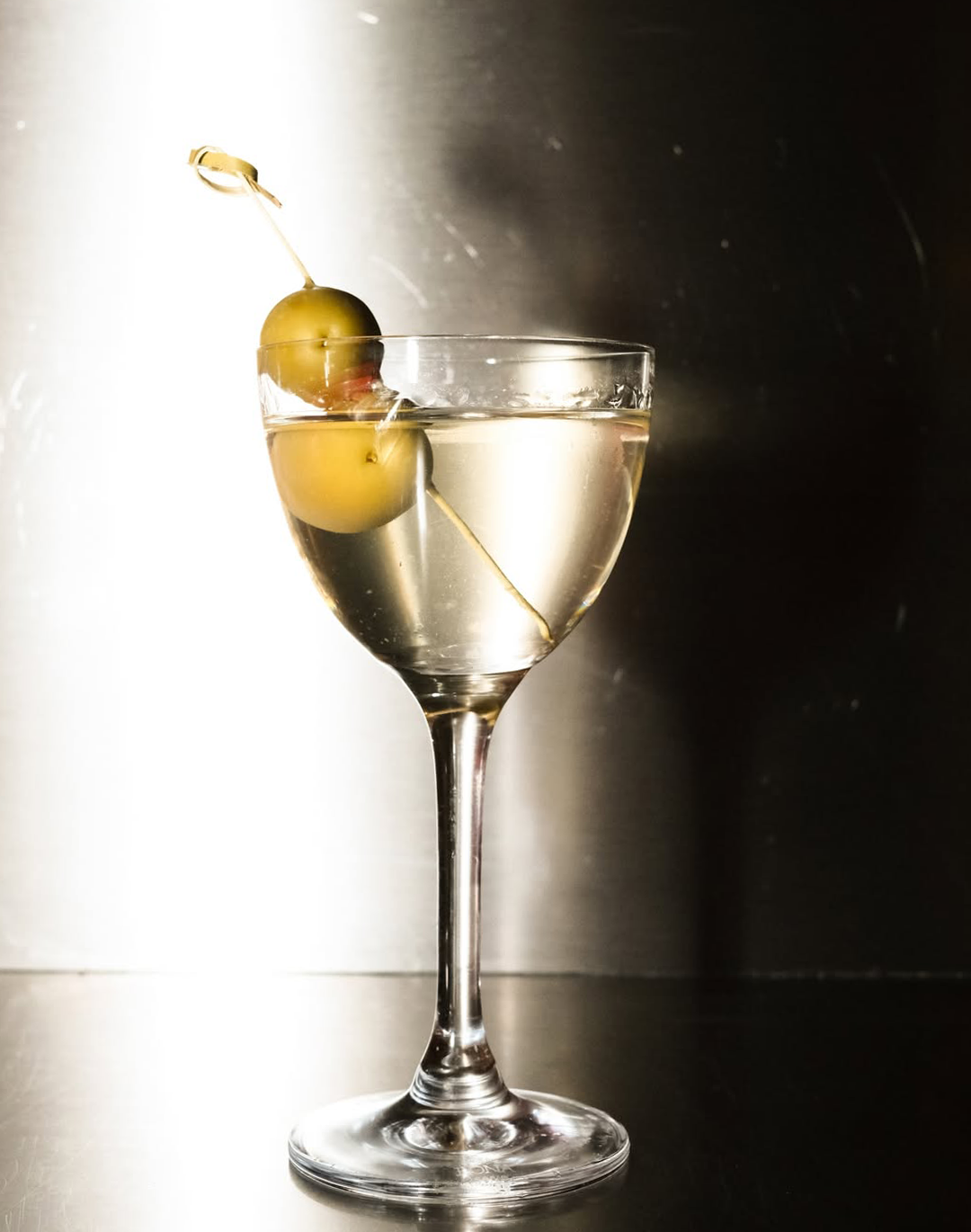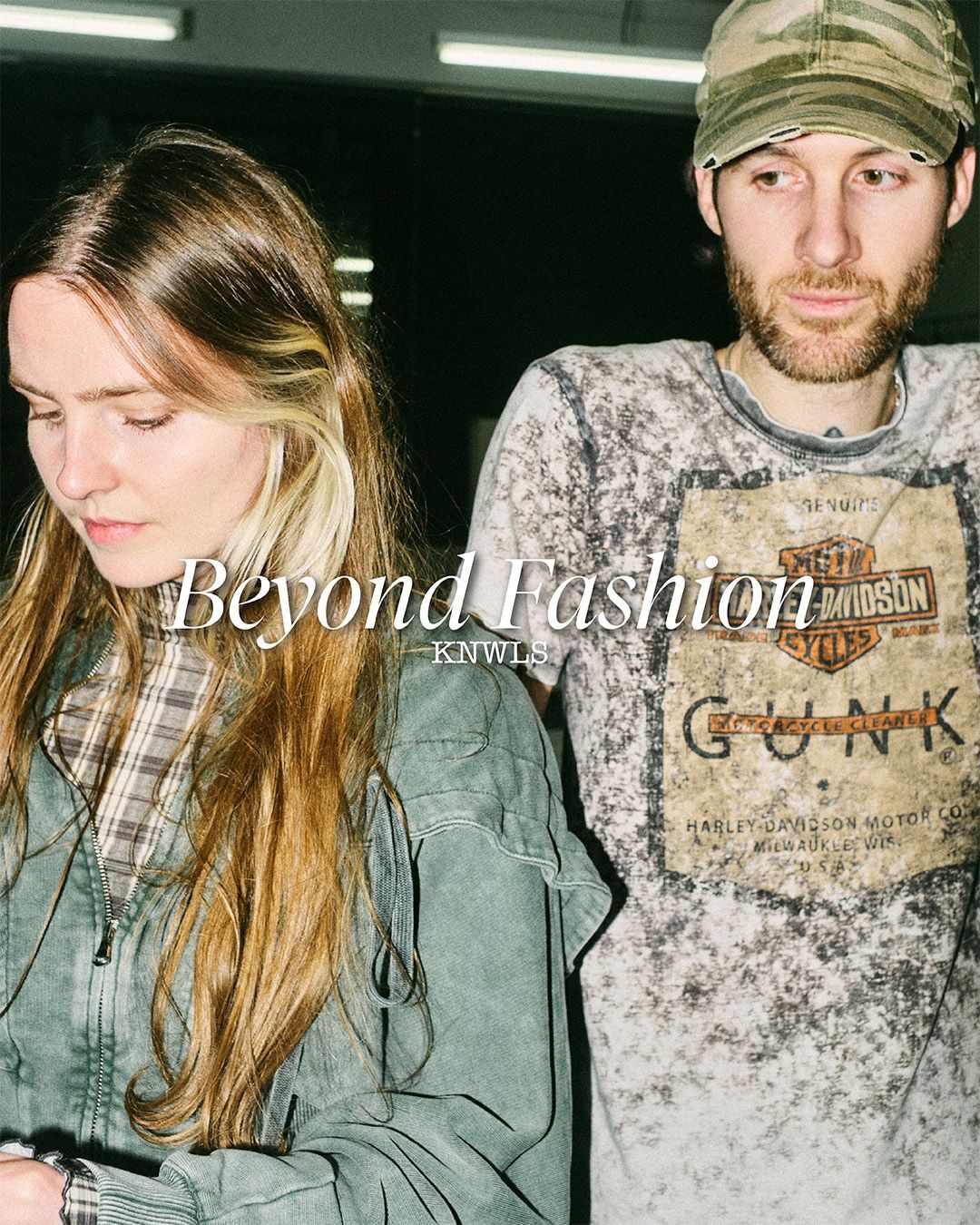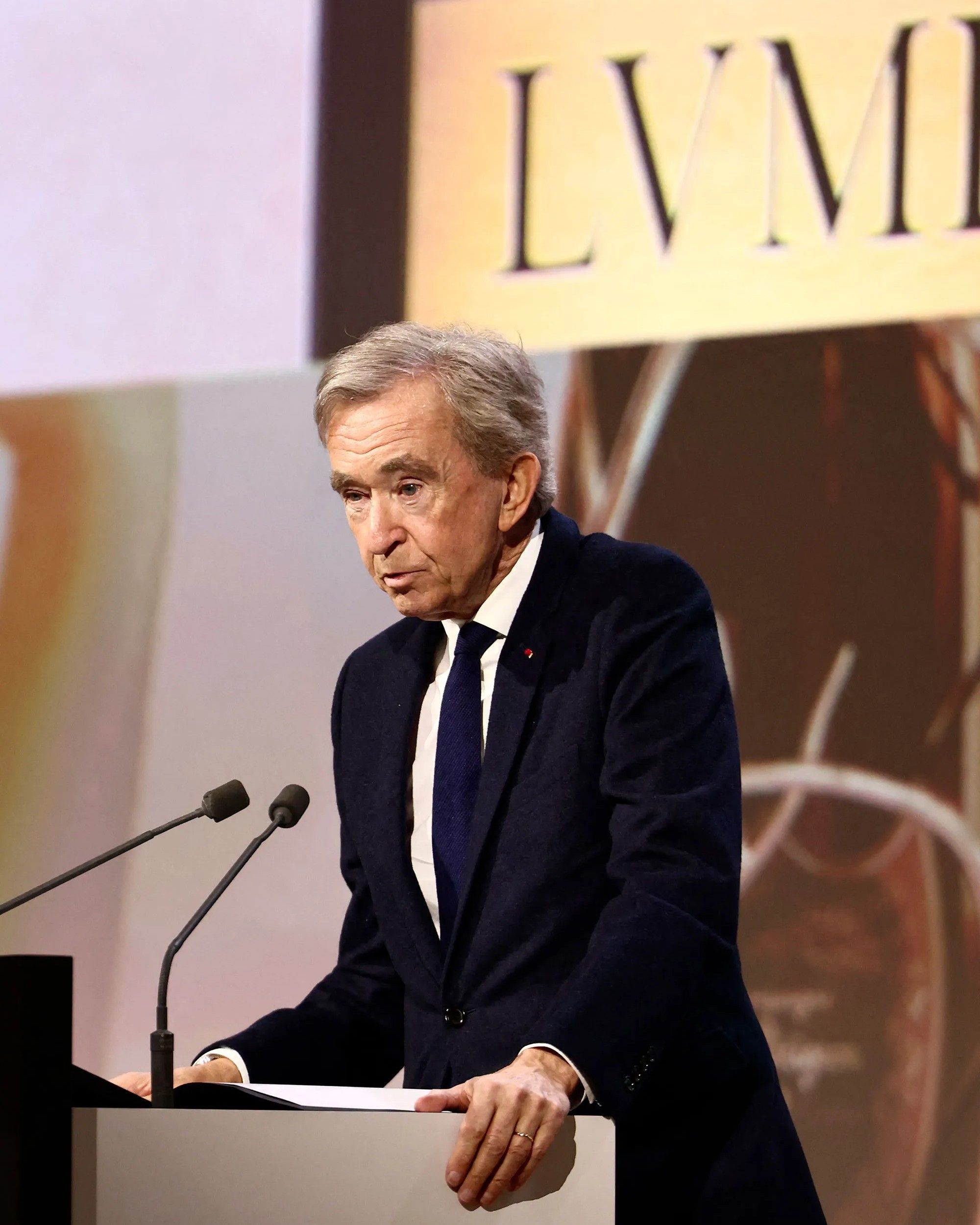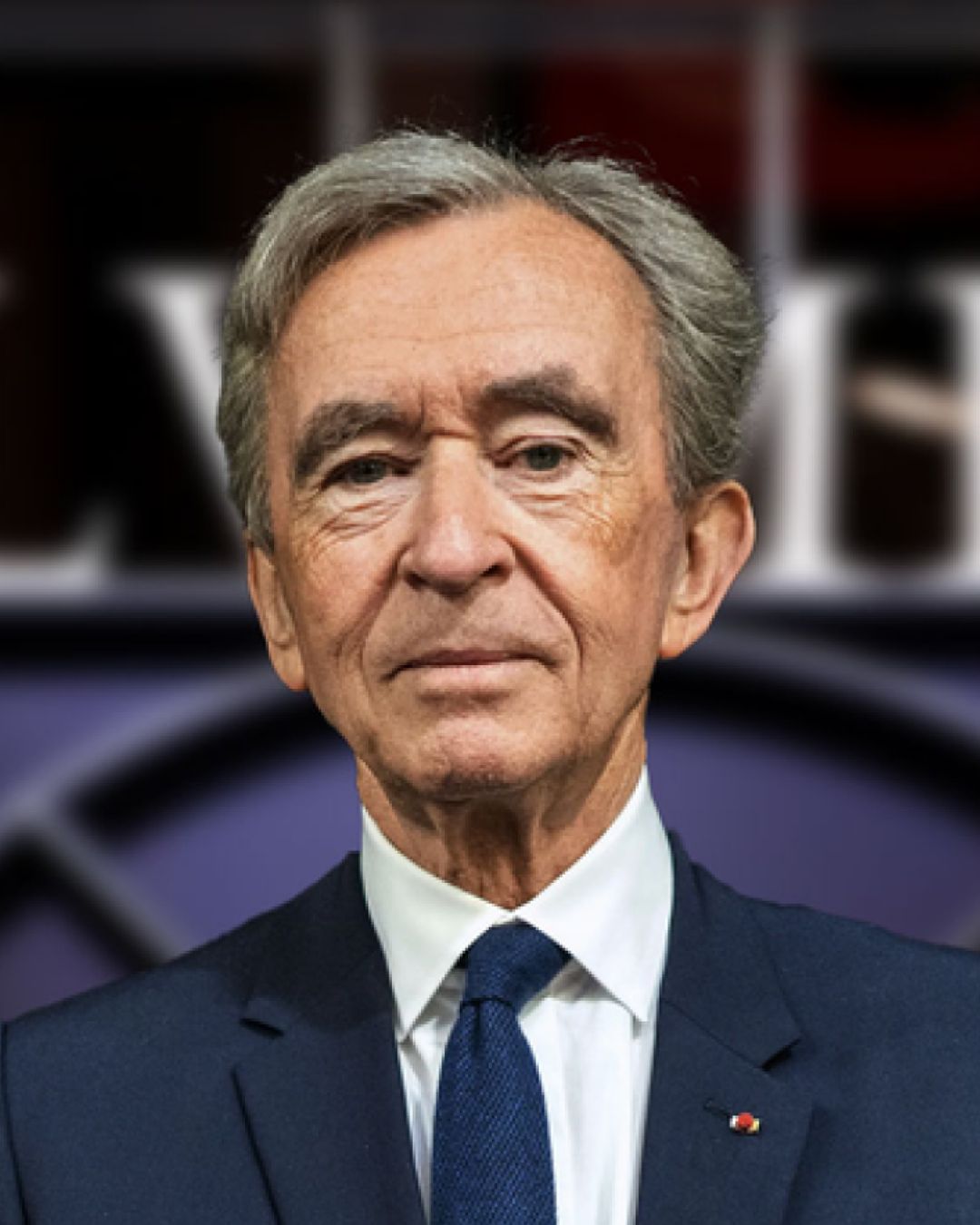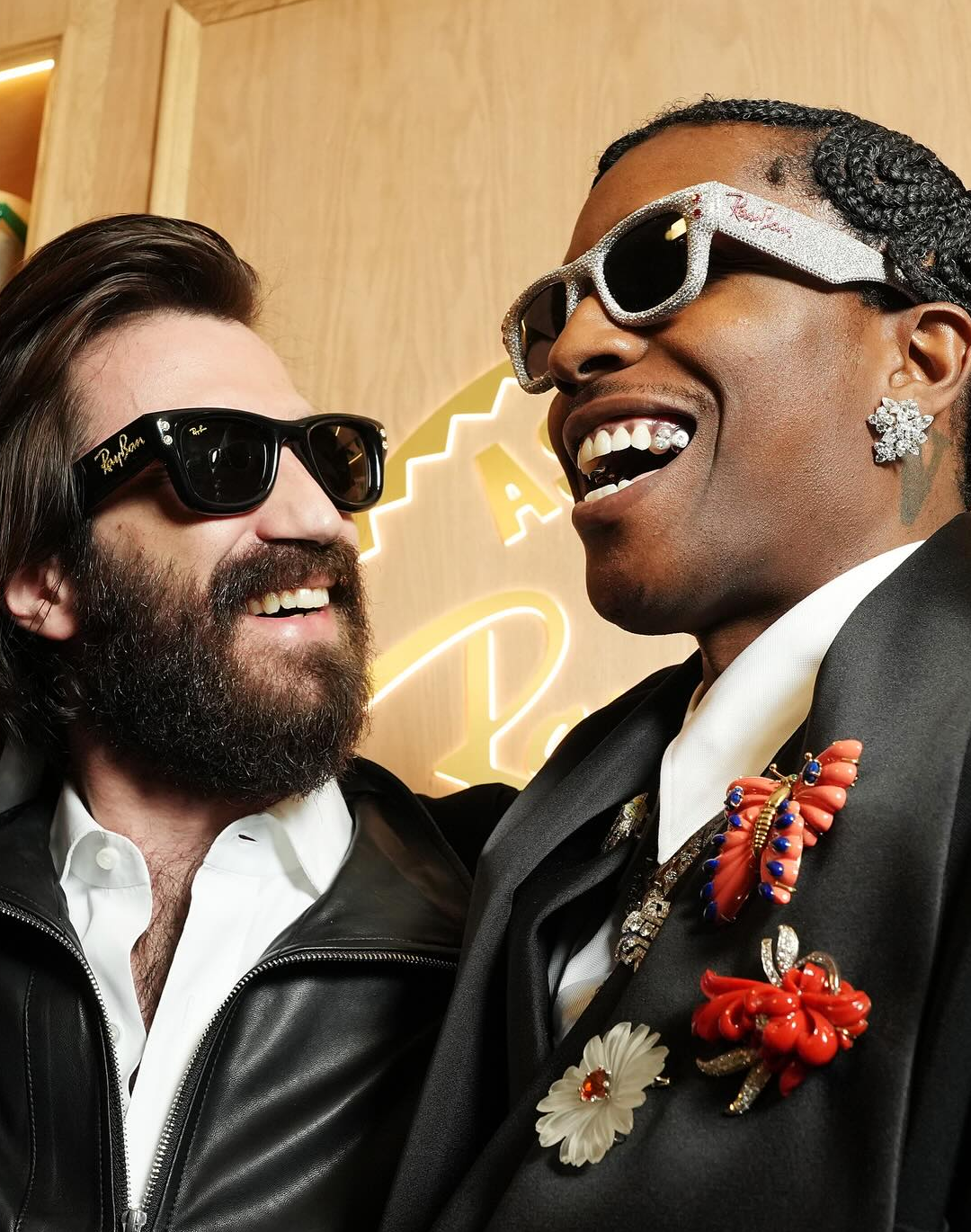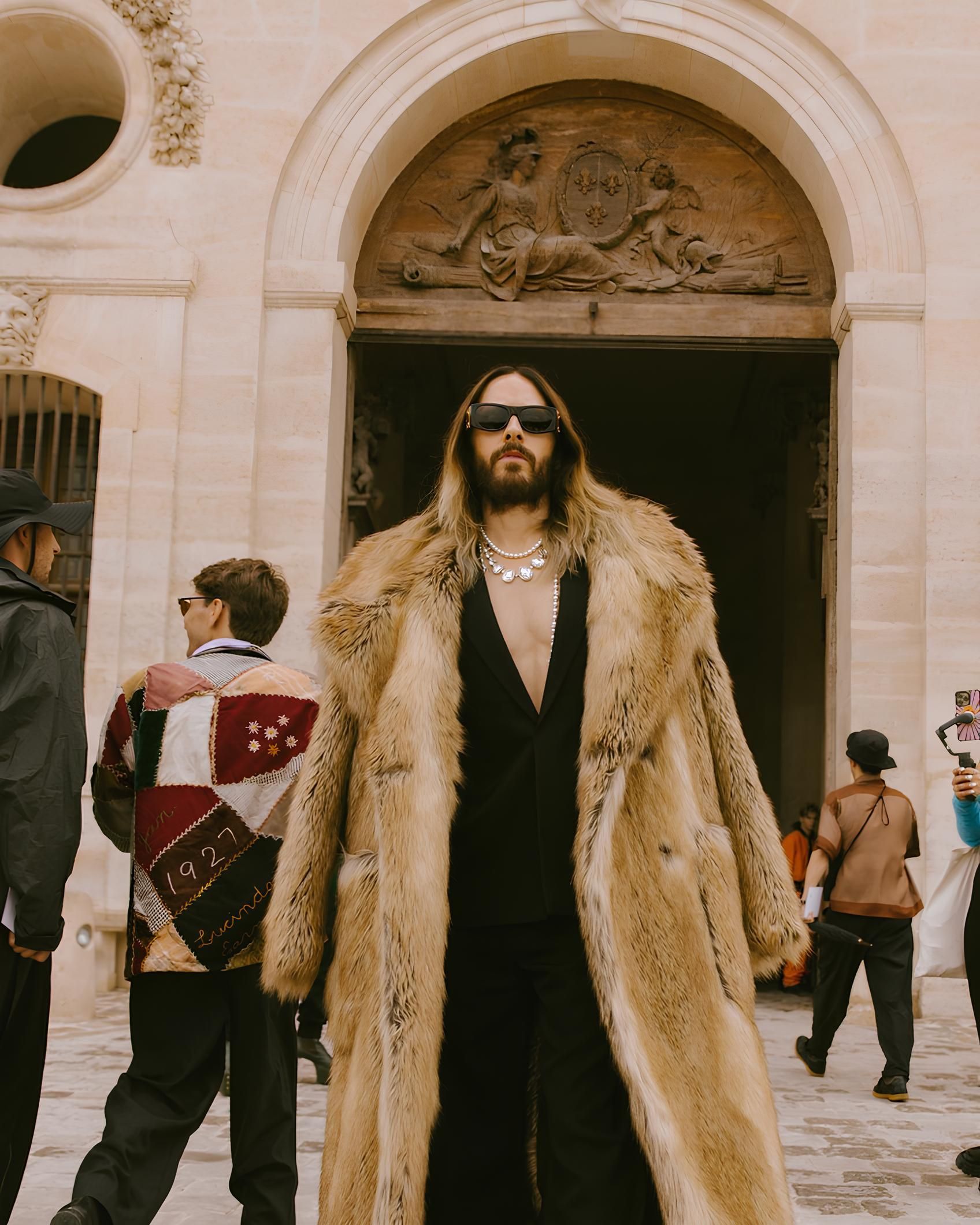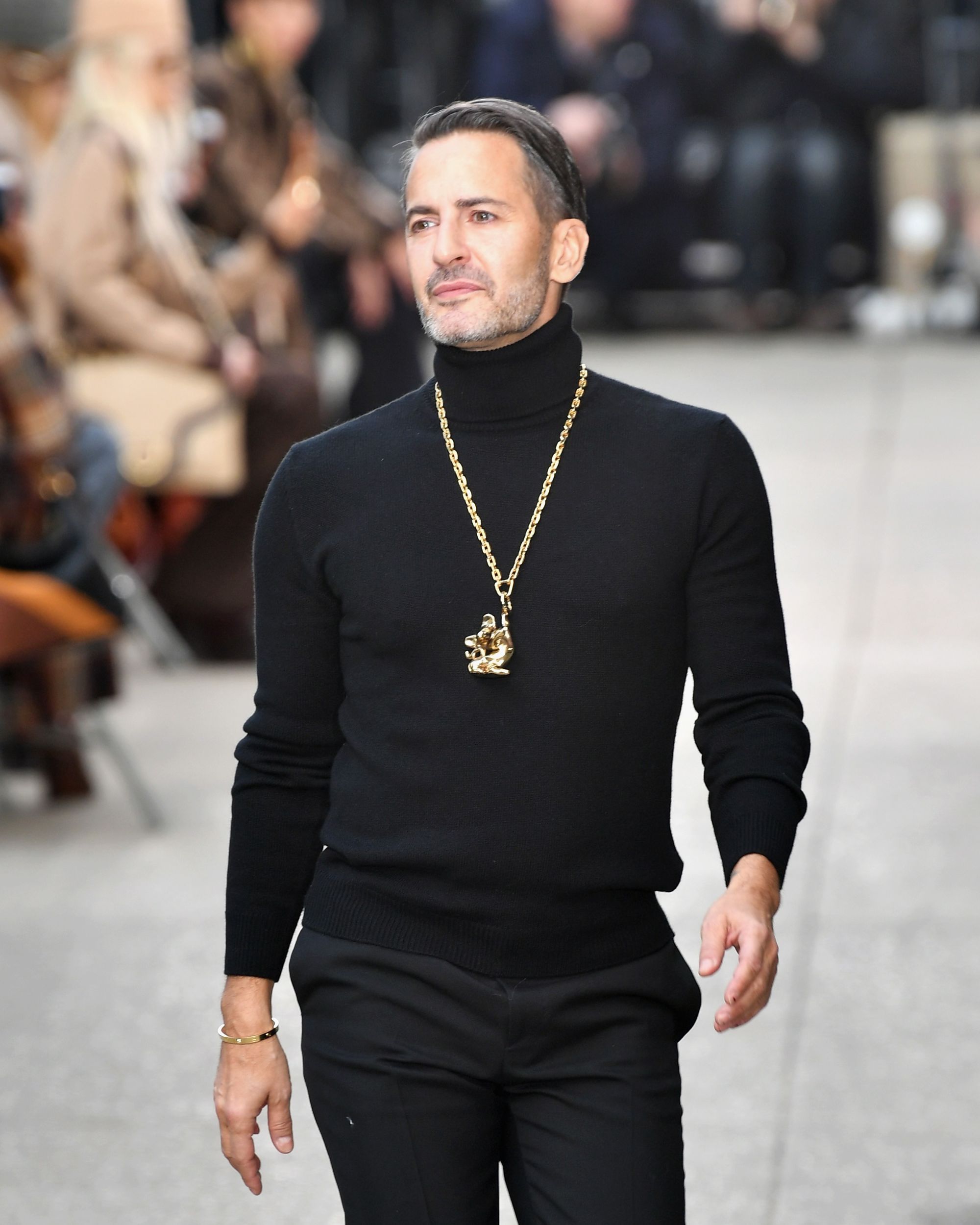
Is LVMH safe from the luxury crisis? It might be too early to tell
In the latest financial disclosure, LVMH Moët Hennessy, also known as the world's largest luxury conglomerate, has announced record revenues for the fiscal year 2023. Despite the triumphant tones and significant results, the picture is not all rosy, although it gives the luxury sector reasons for cautious optimism for the newly opened year. The group reported a 5.5% increase in overall group sales, amounting to 23.95 billion euros in the fourth quarter. The organic growth rate was an impressive 10%, surpassing market expectations set at 8%. In particular, the fashion and leather goods segment recorded a 9% increase in organic sales, in line with predictions and mainly driven by Louis Vuitton and Dior, with Celine and Loewe in third and fourth positions, and among the fastest-growing brands is Loro Piana. Addressing criticism from the press, Arnault said: "It’s important to remember that Louis Vuitton isn’t a fashion business. It’s a business where we wanted to put some fashion into it starting in 1995." For the entire year, the conglomerate achieved total sales of 86.15 billion euros, reflecting an 8.8% increase. On a comparable basis, the growth soared to an impressive 13%, surpassing the consensus forecast of 85.83 billion euros. In terms of profitability, net profit for 2023 increased by 8% to 15.17 billion euros. However, this figure fell short of the consensus forecast of 15.72 billion euros, mainly due to negative currency effects impacting the group's margins.
Arnault, president and CEO of LVMH, emphasized the exceptional appeal of their brands despite economic and geopolitical challenges, saying: "Growth is not and should not be the goal. The goal is desirability. People must desire the brand." Despite the many problems inflaming the Middle East and the obstacles of the supply chain in the Red Sea, Arnault said he does not anticipate price increases over the course of the year – at least not too significant. As the conglomerate prepares for 2024, Arnault expressed confidence, highlighting the partnership with the Paris 2024 Olympic and Paralympic Games that should mark a triumph for the group, practically the main patron along with the government. In a strategic move for succession planning, Arnault's family proposed the appointments of Alexandre Arnault and Frédéric Arnault to the board. This decision aims to ensure continuity and stimulate growth within the conglomerate. Responding to suggestions circulating these days to dismantle LVMH, Arnault rejected the idea, considering it inappropriate. He emphasized the strength of the group's brand diversity and the ability to increase the price-to-earnings ratio without resorting to a spin-off: "The group is based on the diversity of its brands." Arnault also hinted at the likelihood that LVMH will expand further, either through acquisitions or organic growth.
$LVMH Q4 2023 earnings call; It's always great to hear Bernard Arnault's take on the luxury landscape:
— SVN Capital (@SvnCapital) January 26, 2024
- Dior slowing down a little (deliberate?)
- some watches can be Eur 500,000 - 1.0 mill
- LVMH doesn't discount; "Discount is what Pernod and Remy do" pic.twitter.com/Jqqvoqf35w
But, as we were saying, the picture is good but not great: the luxury slowdown is also perceived among superstar brands. LVMH's shares have recorded a 23% decline in the last six months due to the slowdown in global luxury demand. The group's most uncertain department compared to others is the one related to alcoholic beverages, with cognac Hennessy showing less than optimal performance. Observing the revenue percentages for the four quarters, it is noted that, although very high, revenues have indeed decreased in the last two quarters, while there has been a "slight decrease of intangible assets linked to negative impact of revaluation of purchase commitments of minority interests and currency effects." The report follows mixed results among the remaining luxury players, with Burberry and Ferragamo reducing profit forecasts and Richemont and Brunello Cucinelli exceeding expectations. Arnault identified potential risks related to the escalation of conflicts in Eastern Europe and the Middle East, warning of potential and future impacts on LVMH in 2024.

